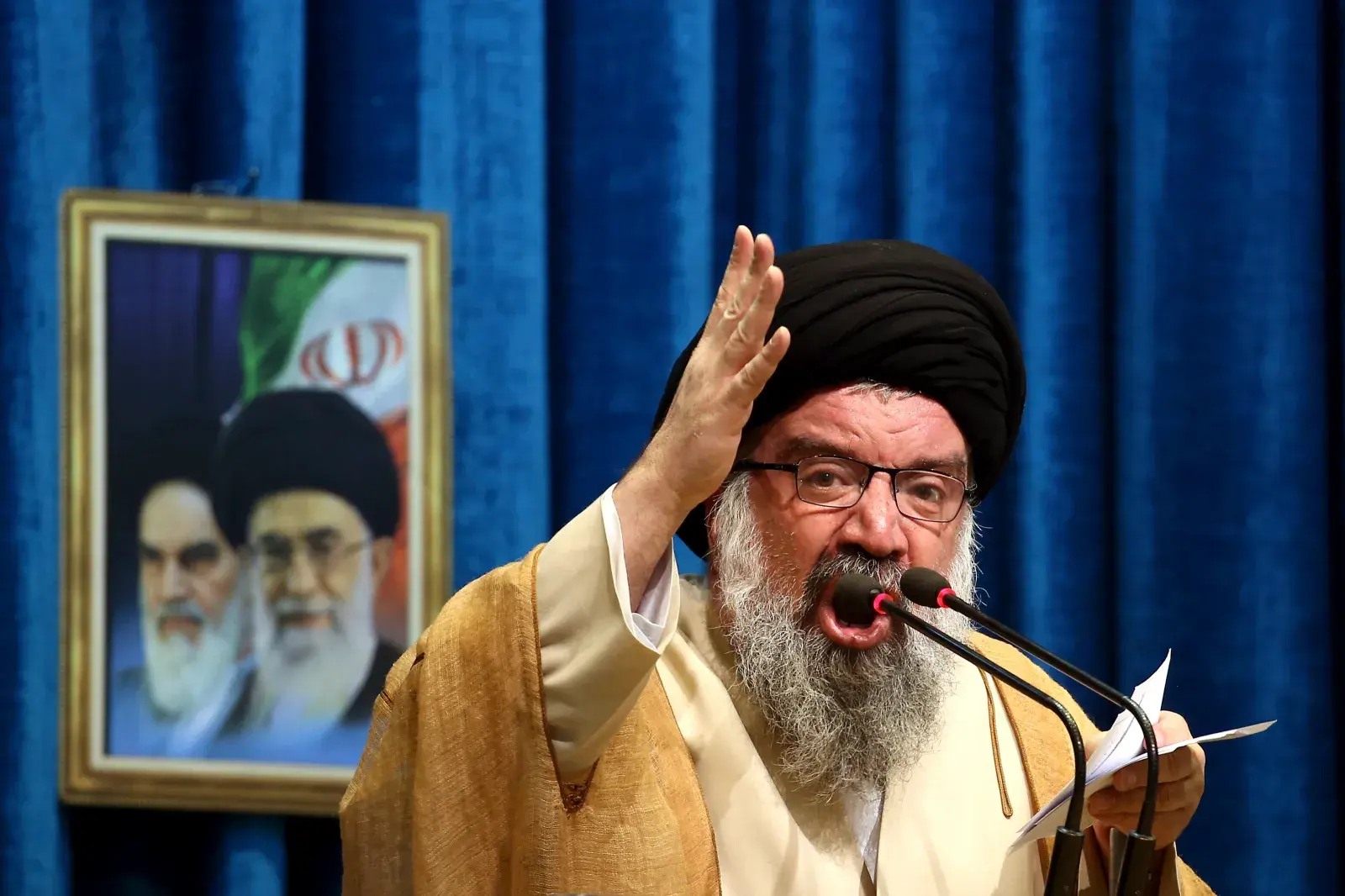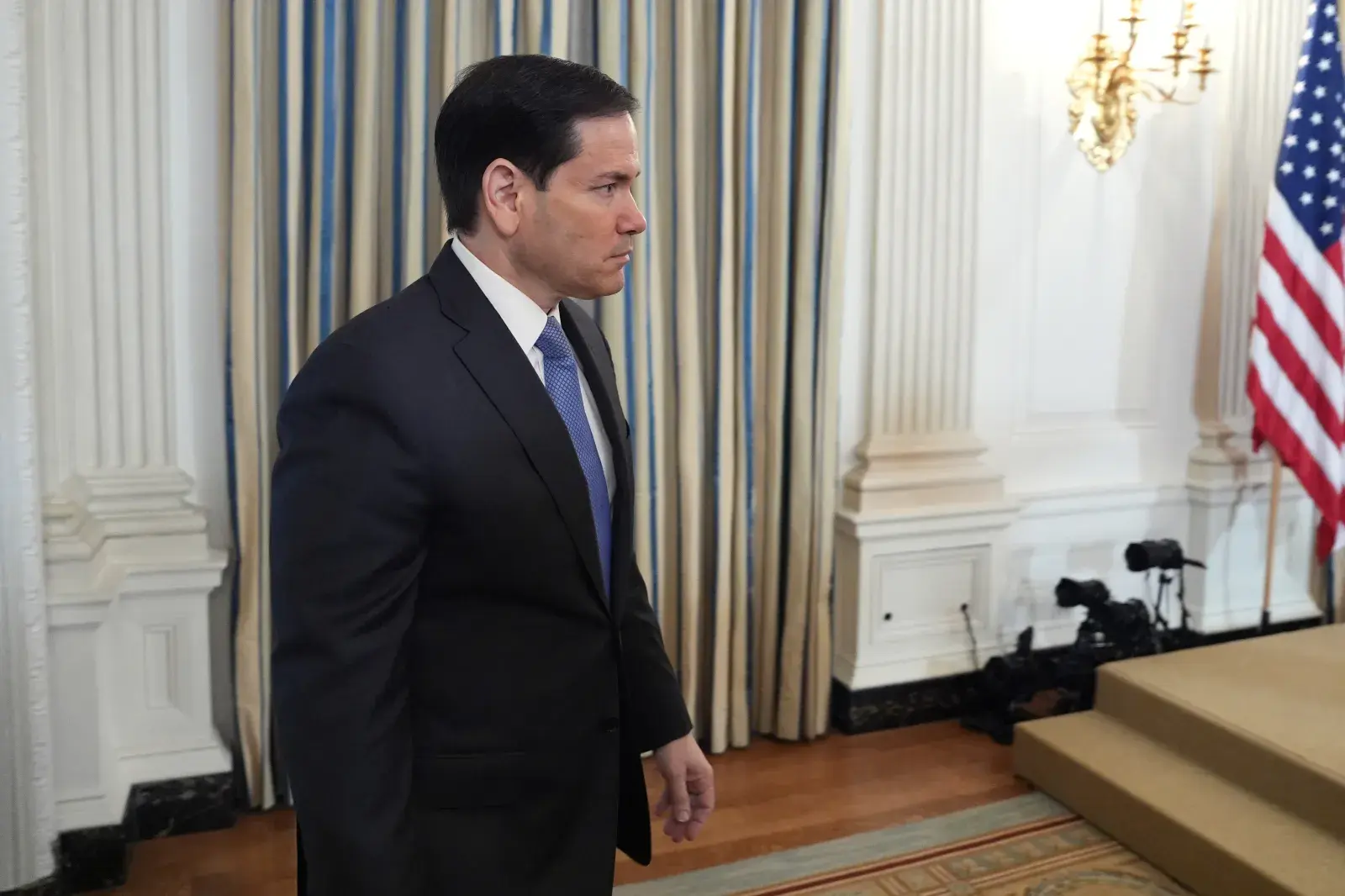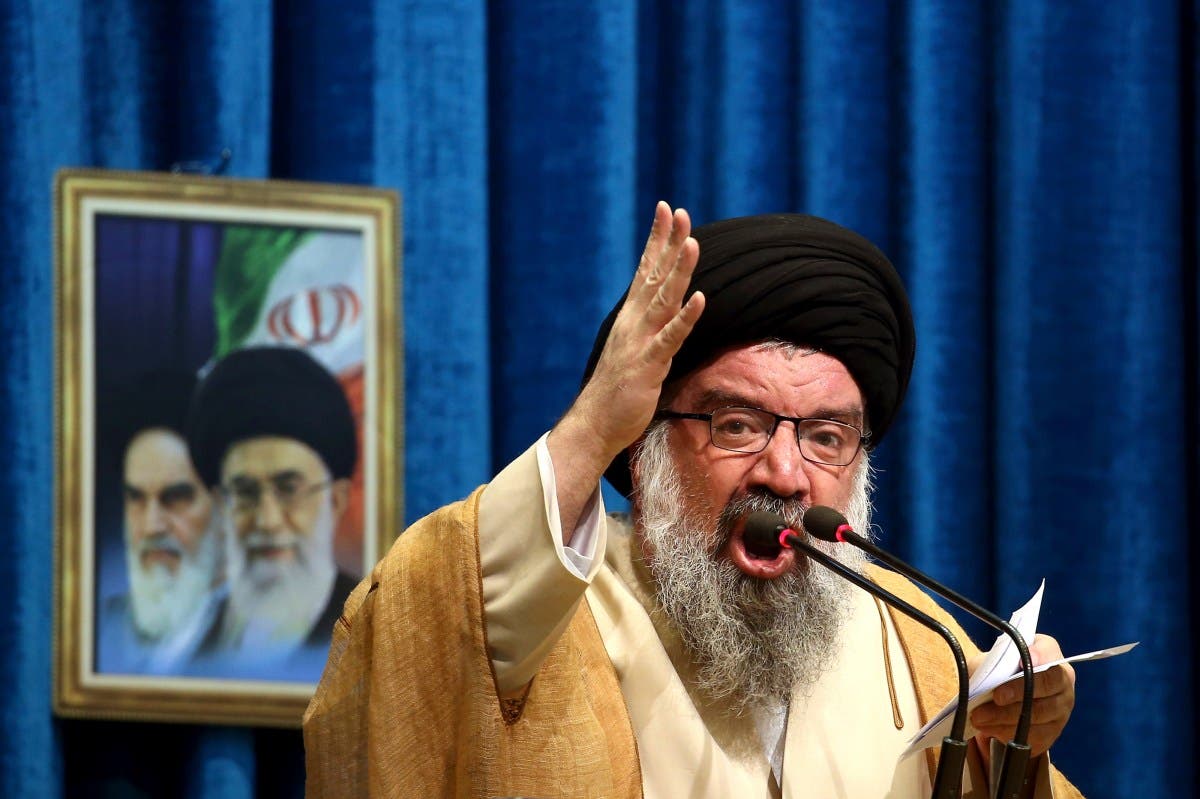Iran will never bow to foreign pressure over its nuclear program, senior cleric Ahmad Khatami said Friday, warning that the country’s uranium enrichment is a nonnegotiable symbol of national sovereignty.
“Death yes, humiliation never,” he said, framing Tehran’s nuclear ambitions as a matter of pride and defiance.
Khatami emphasized that enrichment serves medical, agricultural, and environmental purposes, while rejecting U.S. demands to halt it entirely. He also issued stark threats toward Israel, signaling a bold, uncompromising posture.
Newsweek has reached out to the U.S. State Department and Iran’s Foreign Minister for comment.
Why It Matters
The remarks highlight the growing tension between Iran and Western powers, particularly the United States and Israel, as nuclear negotiations remain stalled. By linking enrichment, missile capabilities, and support for Palestinian resistance, the senior cleric reinforces a hard-line posture that could further complicate diplomatic efforts and destabilize the region.

What To Know
Speaking during Friday prayers in Tehran, Khatami said that uranium enrichment is both a civilian and strategic priority, portraying any foreign attempt to stop it as pressure. He cited Supreme Leader Ali Khamenei, noting that Iran must maintain its enrichment industry due to its wide-ranging applications.
“In his message, the Leader emphasized that no one has the right to say that Iran should not enrich uranium. This view is humiliating and the Islamic Republic of Iran will never accept it,” Khatami said, reinforcing Tehran’s determination to retain full sovereign control over its nuclear program.
Regional Threats
Responding to calls to limit Iran’s missile capabilities, Khatami issued strong warnings toward Israel, saying that other countries underestimate the country’s military reach.
“They say don’t enrich, don’t have long- and medium-range missiles so that if they attack they can plow Iran. These fools don’t know that we will plow Tel Aviv and Haifa,” he said, framing missiles as a key part of Iran’s deterrence.
More U.S. Sanctions
On Wednesday, the U.S. announced new sanctions on dozens of individuals and entities tied to Iran’s nuclear and weapons programs, backing the recent United Nations “snapback” measures.
Secretary of State Marco Rubio said 44 people and groups were targeted, including five individuals and one linked to Iran’s Organization of Defensive Innovation and Research (SPND), seen as the successor to Tehran’s pre-2004 nuclear weapons program. Additional export restrictions were imposed on 26 entities and three procurement addresses.
“These actions highlight the importance of the September 27 re-imposition of sanctions,” Rubio said.
The sanctions follow the invocation of the U.N. “snapback” by France, Germany, and the United Kingdom under Resolution 2231, which restores measures suspended since the 2015 nuclear deal.

What People Are Saying
Senior Iranian Cleric Ahmad Khatami: “They say don’t enrich, don’t have long- and medium-range missiles so that if they attack they can plow Iran. These fools don’t know that we will plow Tel Aviv and Haifa.”
U.S. Secretary of State Marco Rubio: “These actions highlight the importance of the September 27 re-imposition of sanctions and other restrictions on Iran pursuant to multiple UN Security Council resolutions. We will not hesitate to hold accountable anyone who supports Tehran’s proliferation activities.”
What Happens Next
The new U.S. sanctions, aligned with the U.N. snapback resolution, are likely to escalate tensions between Tehran and the West, complicating diplomatic efforts and increasing the risk of further regional confrontations. Iran may respond with increased nuclear activity or missile testing, while Washington and European allies are expected to monitor enforcement closely and prepare additional measures if Tehran resists compliance.
